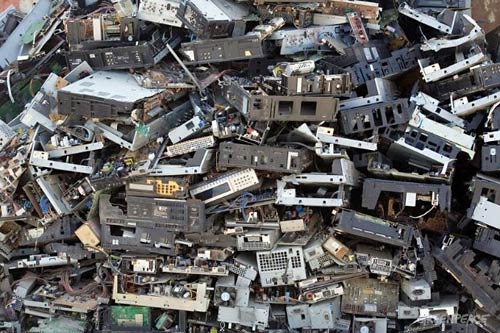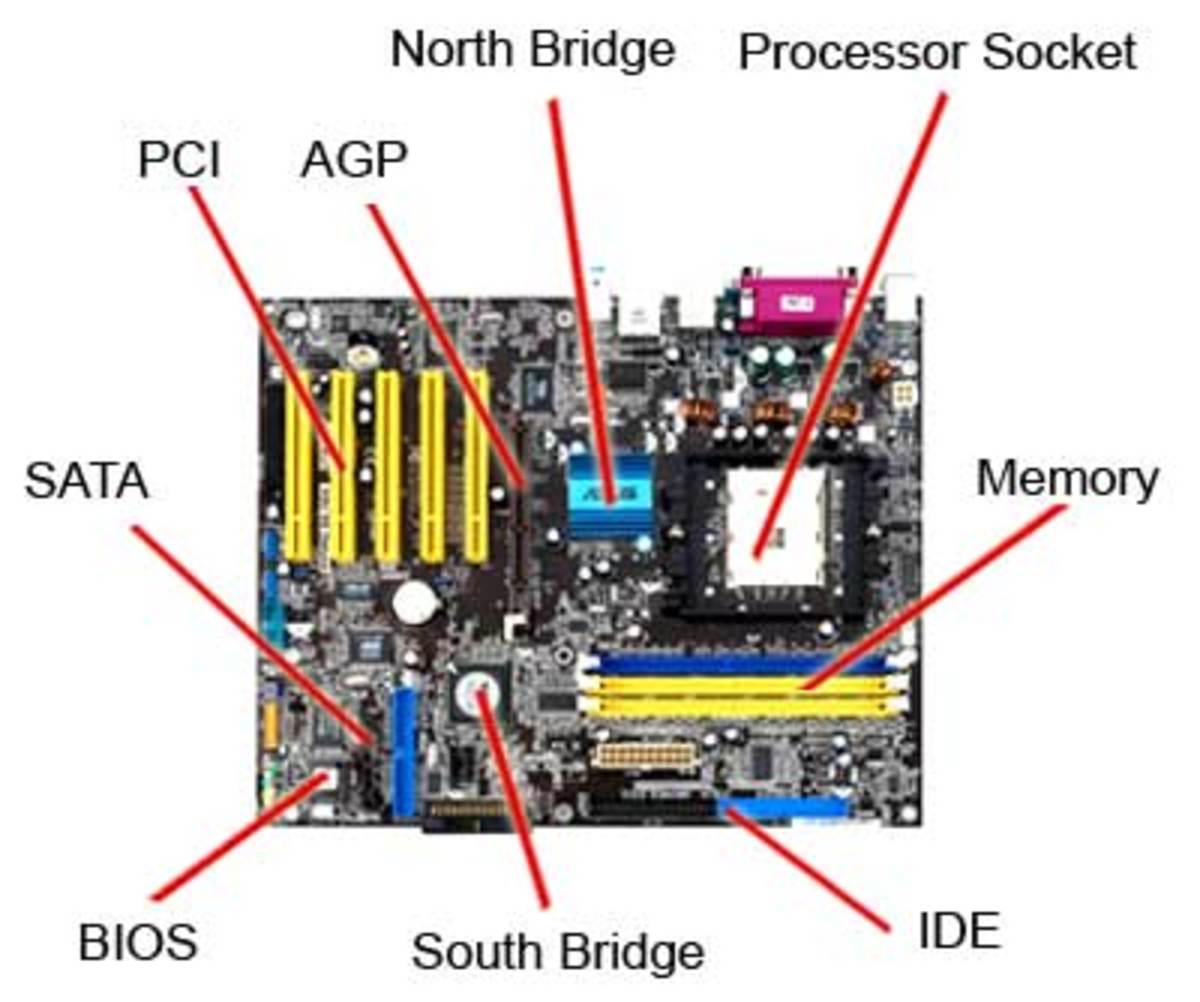Technology Is Not A Religion - So Don't Put Faith In It
Futurist Expectations

Arthur C. Clarke took a serious stab at what our lives ought to be like by the year 2001. He predicted easy transport by space clippers to rotating hotels in space. He imagined substantial colonies on the moon. Clarke foresaw the application of suspended hibernation for long space voyages. He believed artificial intelligence would be (almost) perfected, and that we'd have the technology to enable a manned visit to the outer planets. His follow-up novel, 2010: A Space Odyssey also proved inaccurate. As of 2012, the United States doesn't even possess the means of traveling to the international space station without the expensive taxi service of the Russians.
Almost everything futurists have predicted is only chuckle worthy. Technological advances take much, much longer than most people would surmise (or like). The five factors that interdict there predictions are these:
Overly Optimistic Futurists

Almost everything futurists have predicted is only chuckle worthy. Technological advances take much, much longer than most people would surmise (or like). The five factors that interdict a futurist's predictions are these: (1) The advancement of technological improvements is extremely expensive. The cost for research and development, prototype modeling, and marketing are enormously costly. Presently the world is in an economic downturn, so running up costs on hypothetical tech advancements is not a big priority. The Space Shuttles have been placed into museums, having more than outlived their service, and now remain as relics of a more prosperous time for America.
Unpredictable Marketing Placement

(2) The second interdiction is that commercial markets cannot be predicted. A lot of people placed bets on plasma TV screen technology, and now it has practically disappeared. We saw the same thing happen in a competition between Betamax and VHS. While Betamax was the superior product, VHS won the day because of better marketing and the ability to bring their product to market faster and cheaper.
Side Effects

(3) The third factor is user acceptance, which is never predictable. A number of technology writers have predicted such things as touch-screen computers and the disappearance of the mouse. Touch screen computers have been around for a number of years, and, basically, no one likes them. Why? Because they are not an advancement. Can you imagine the number of shoulder, arm, wrist injuries that would arise from using a touch-screen computer? Futurists also mention the predominance of WiFi to other broadband forms of Internet communication -- but have you read a single article that portends to know how to make WiFi faster than we now possess?
Massive Failure

(4) The fourth drawback I would place under the heading of "massive failure." If corporations and individuals accept such "advances" as cloud computing and something should go wrong -- say an extra large solar flare, and millions of people were left without their trustworthy computers, would such a failure cause people to trust further "advancements" in technology, or just the opposite? Another scenario would be a deliberate attack (either foreign or domestic) on the computer-reliant heart of the US. If systems became nonoperational for 48 hours, people would freak out, and they'd be hunting for IBM Selectric typewriters.
Giant Leaps Backward

(5) Technological advancements are completely dependent on the new solutions being superior to the existing offerings invested by the consumer. When Windows introduced Vista to the world, most of us hunkered down and held onto our XP systems. Vista was not an advancement, it wasn't an actual improvement, and the consumers could easily tell the difference. Windows faces the same situation with the release of its convoluted system 8. Windows 8, like Windows 7, is mostly a cosmetic change -- one that, however, requires a user to re-learn an entire operating system. The push forward via Windows 8 is not meant to curtail the bugs existing in all the previous Windows OS versions -- it simply will look and behave differently, not better. Blunders on this scale can cost technological advancements a decade. It is impossible to know just how many other similar set backs will be pushed out upon the consumer.
People may try Google glasses and even brain implants ... to get the most current weather report, but that doesn't mean they're going to like these innovations. People may buy software without manuals, but that doesn't mean they prefer the stinky on-line help proved to them. People may settle for break-bottom plastic grocery sacks, but they probably preferred the more durable paper sacks. Other people may prefer their re-usable cloth bags, not knowing that bacteria proliferate in these kinds of containers.
Just because something is new doesn't make it better. Everything we introduce to the world has synergestic effects, and exactly what those effects could be might not be known until it is too late -- too late for the environment or even too late for the health of the general public. Plastic bottles were a great invention until you look at the tons of plastic garbage floating in a wide swath between Hawaii and California.
Conclusion

So, in conclusion, I think a conscious reliance upon technology to build a fascinating new world for our children (let alone solve any of today's calamities) is wildly optimistic at best, and pitifully naive on the negative side. As a cop-out we dish over our faith on technology to solve the world's major problems, e.g., global warming, diminishing wildlife divergence, space junk, pollution, slacking energy requirements, inoculations over disease, over-population and under-population, exploration of the cosmos on a shoe-string budget, mass starvation, the depletion of natural resources, new energy sources, the disposal of nuclear waste, etc., etc.
While many of our engineers spend wasteful time trying to make a PC processor faster and faster, some of this talent could be applied toward technological advancements that -- without immediate attention -- may lead toward a crisis that we never even expected.








